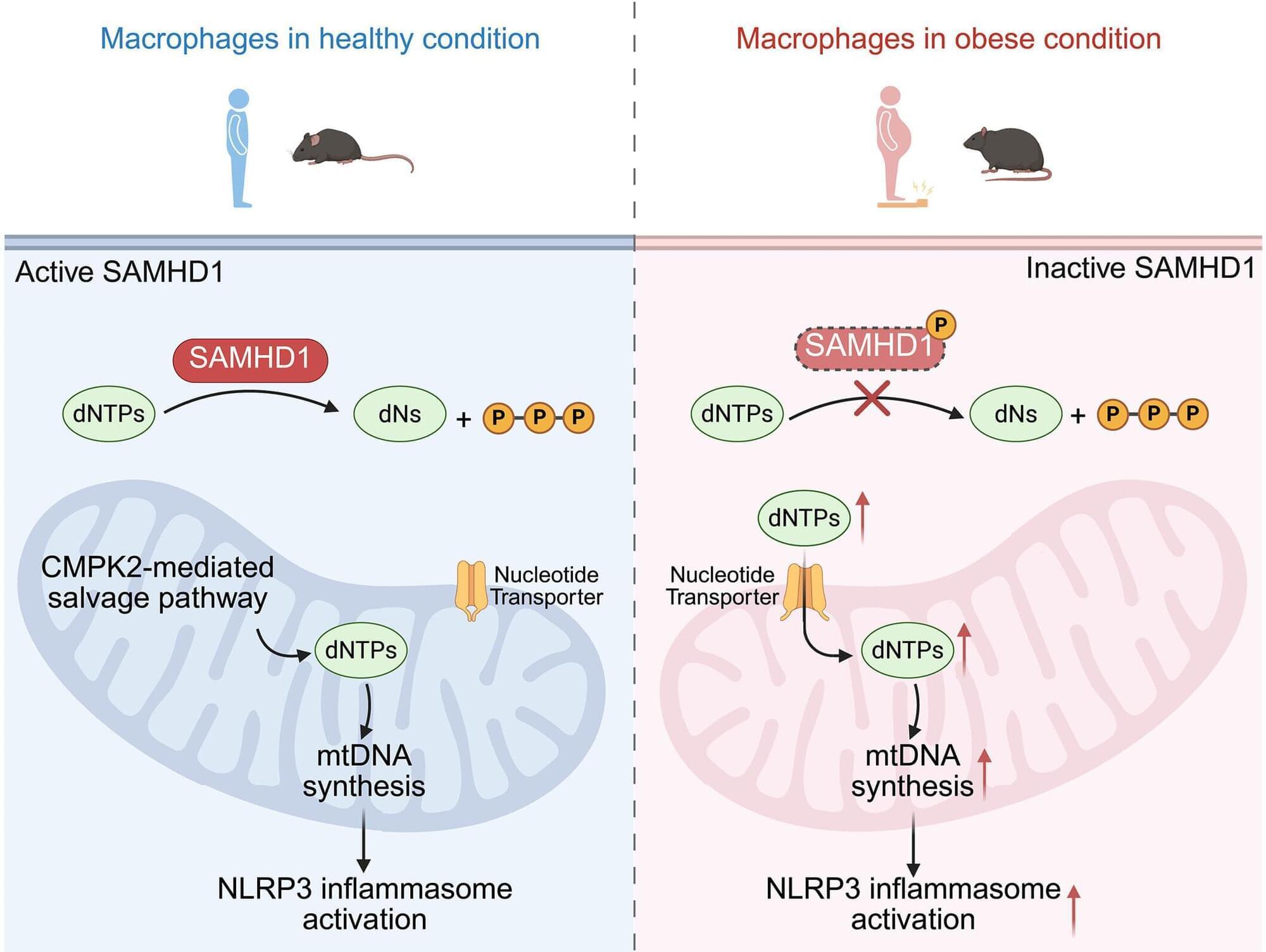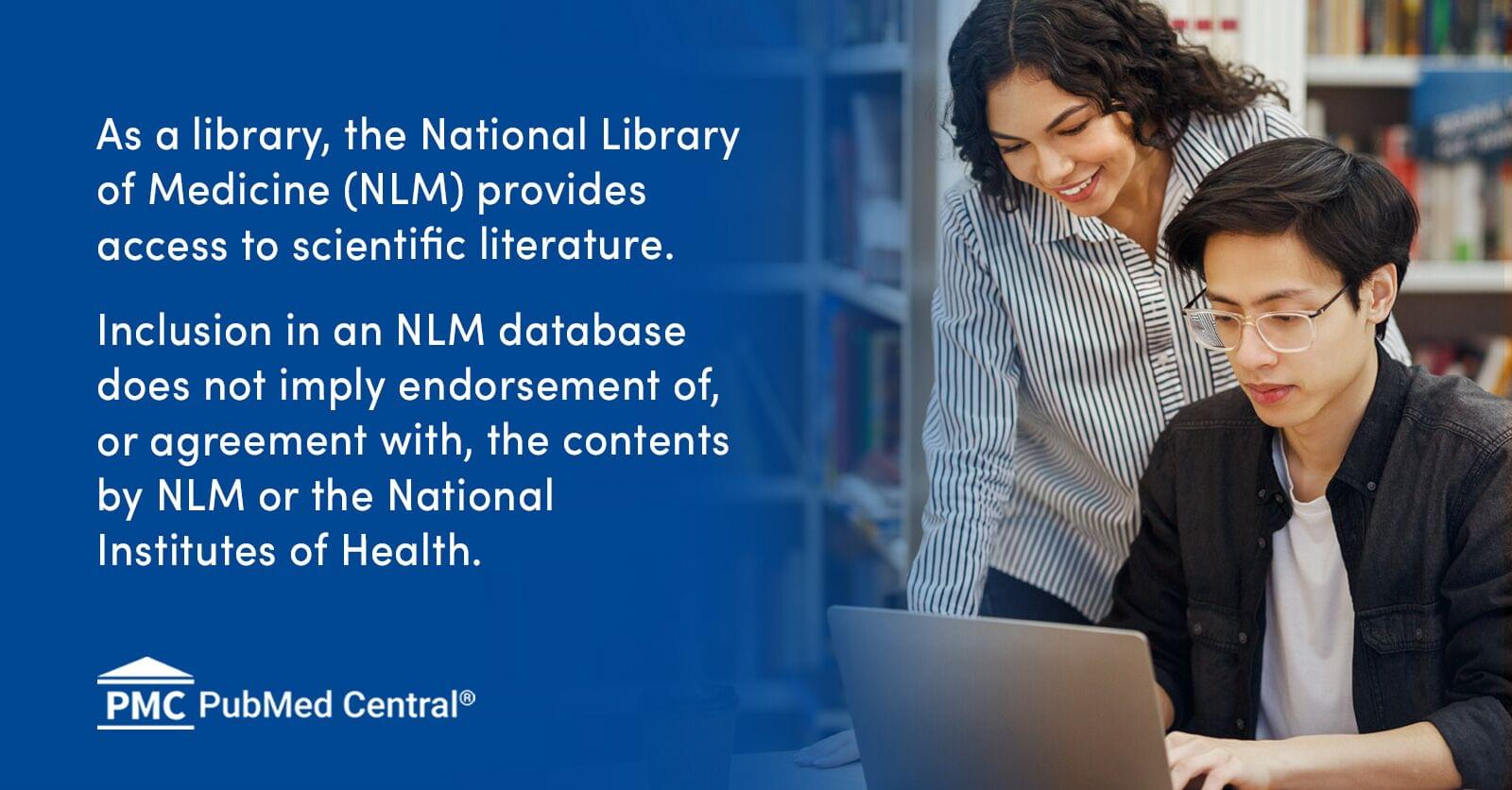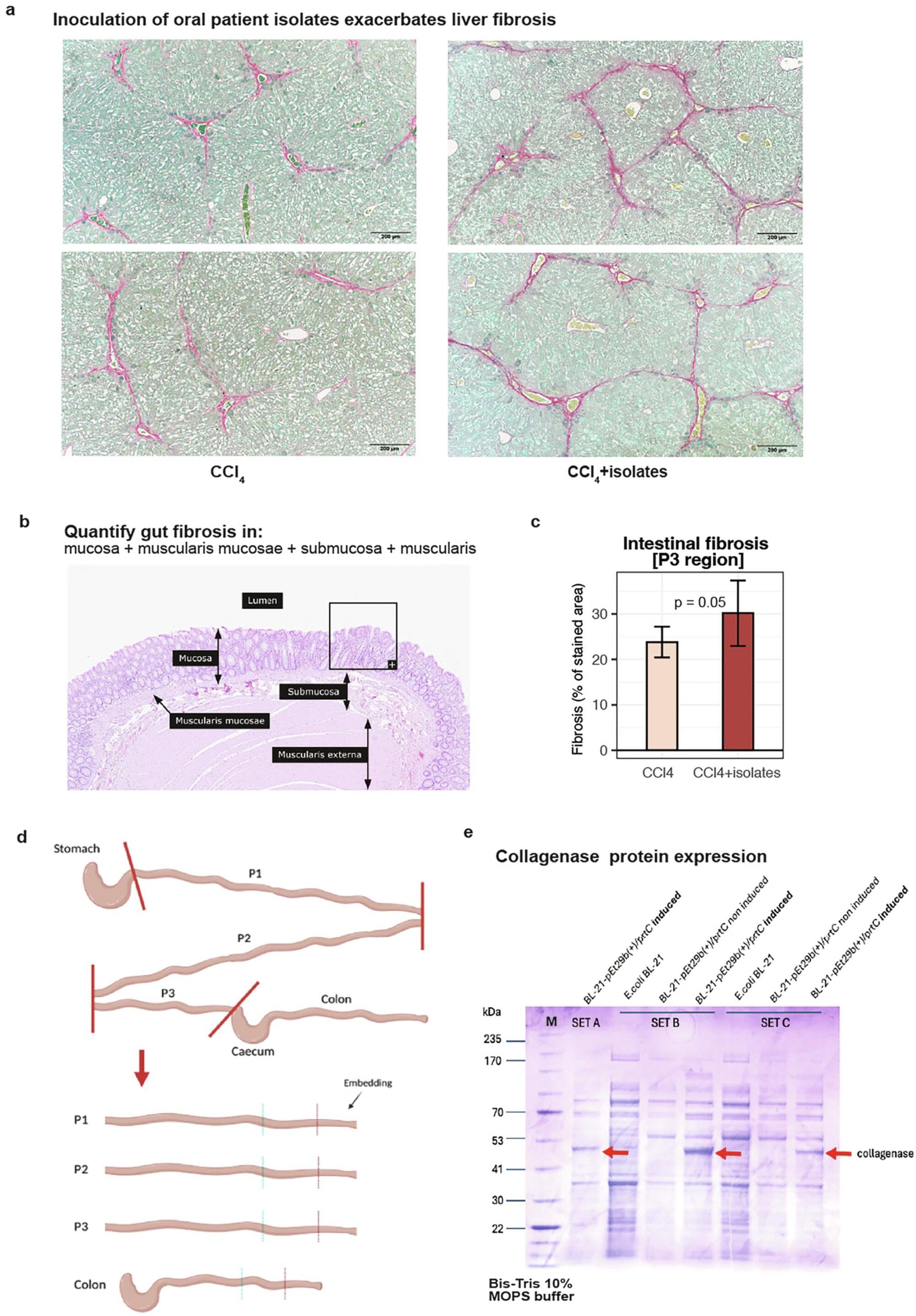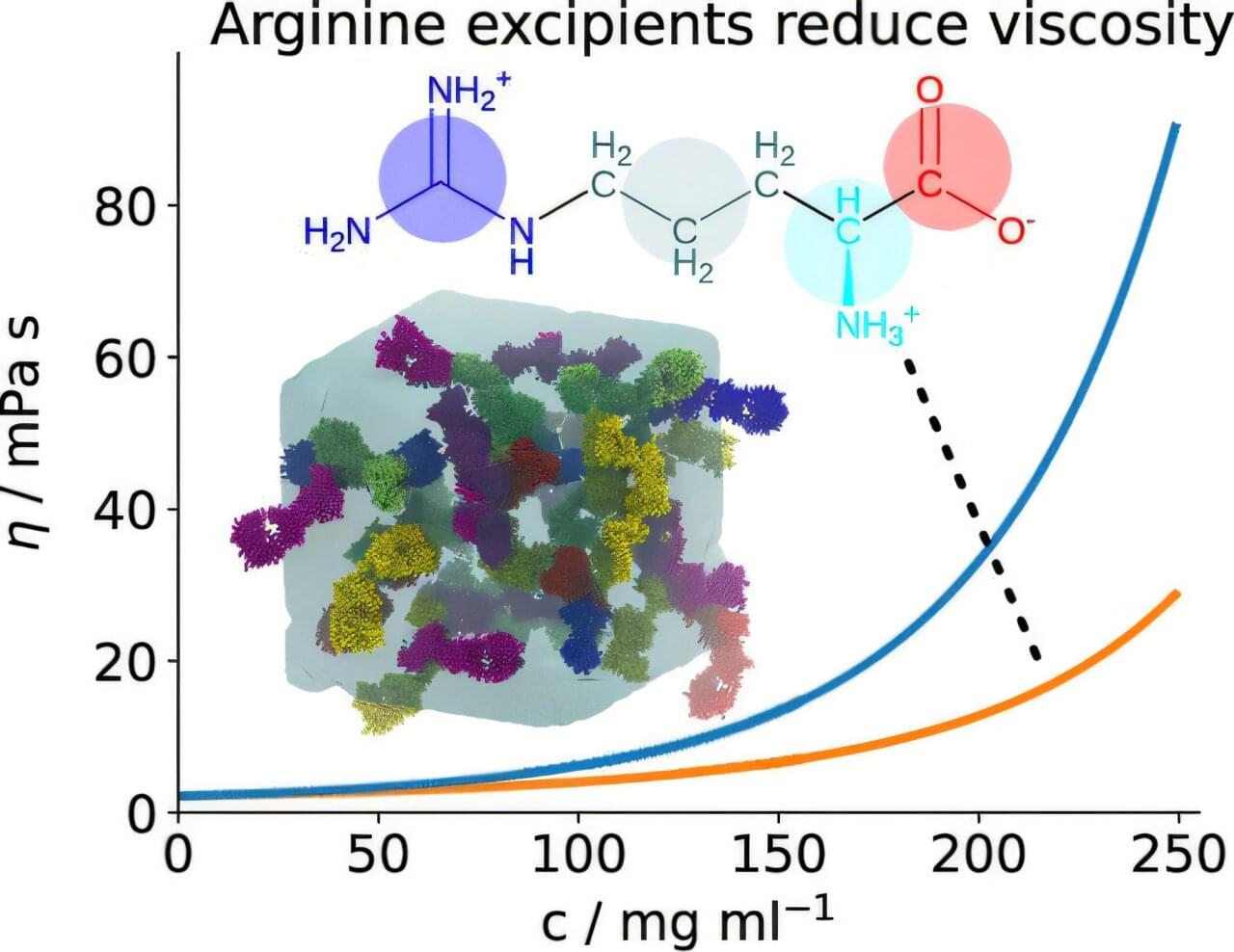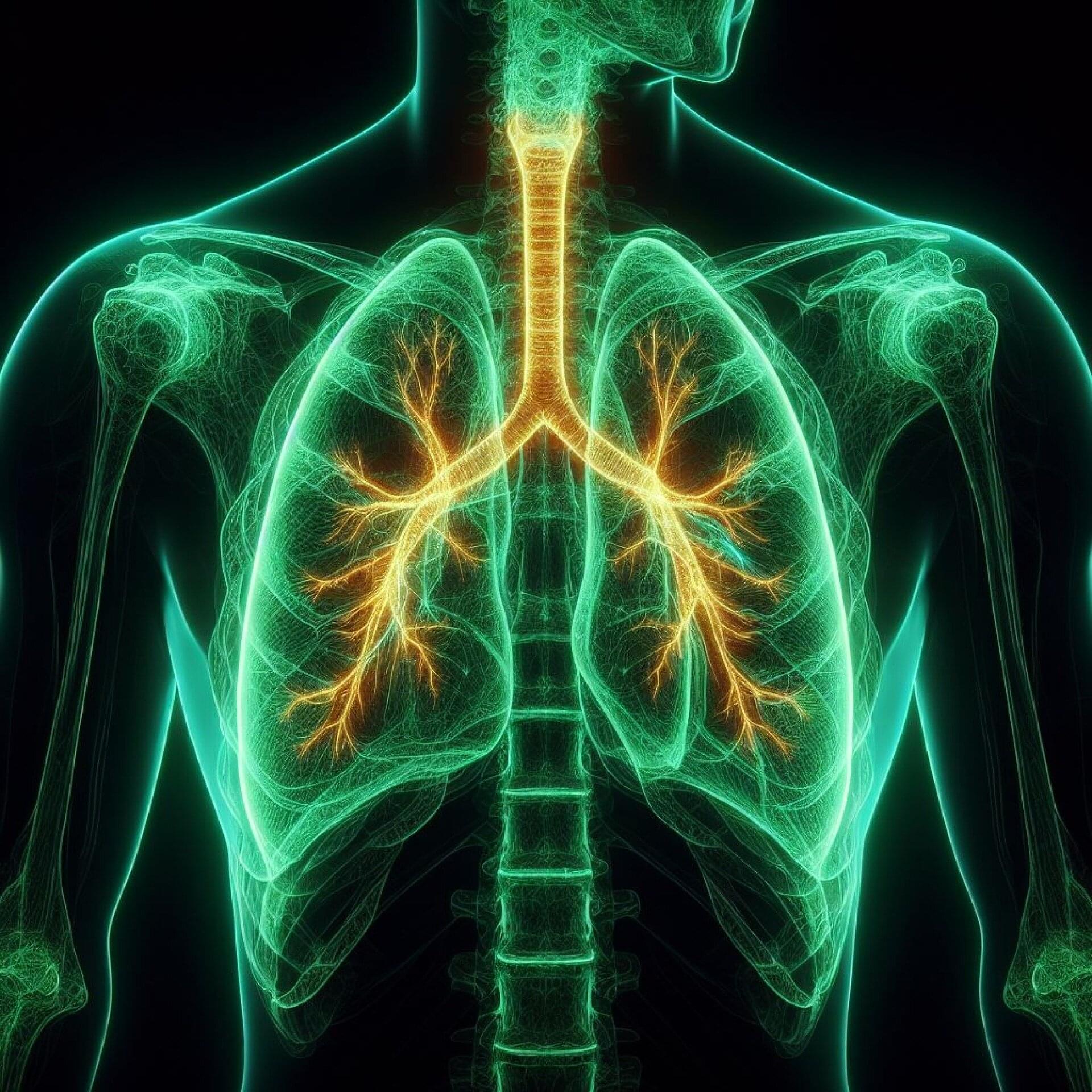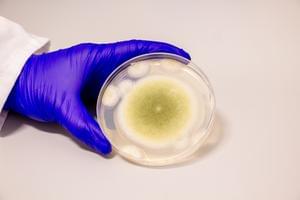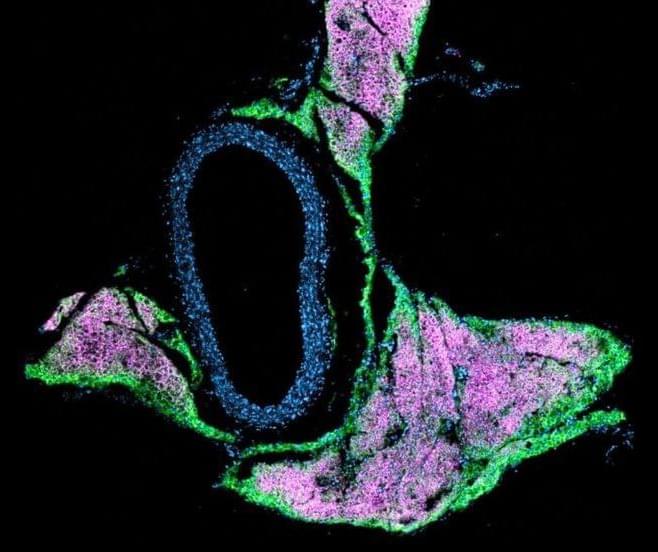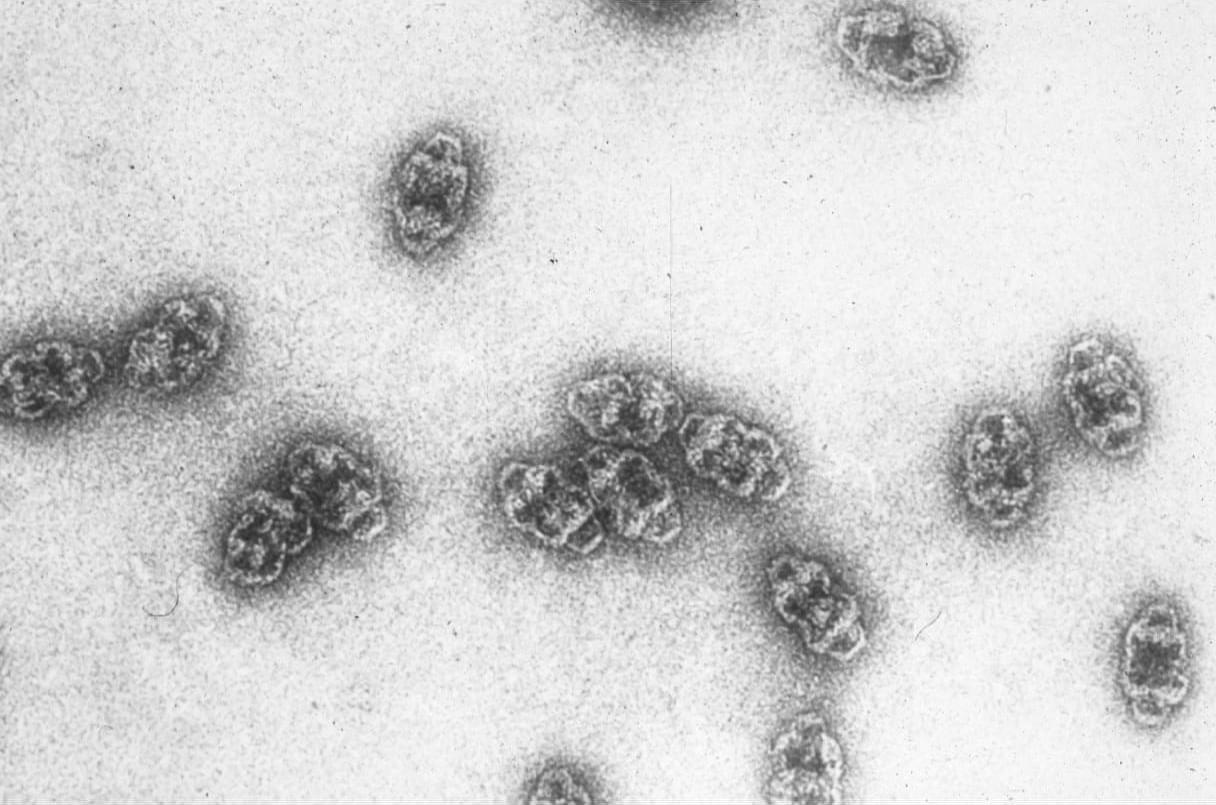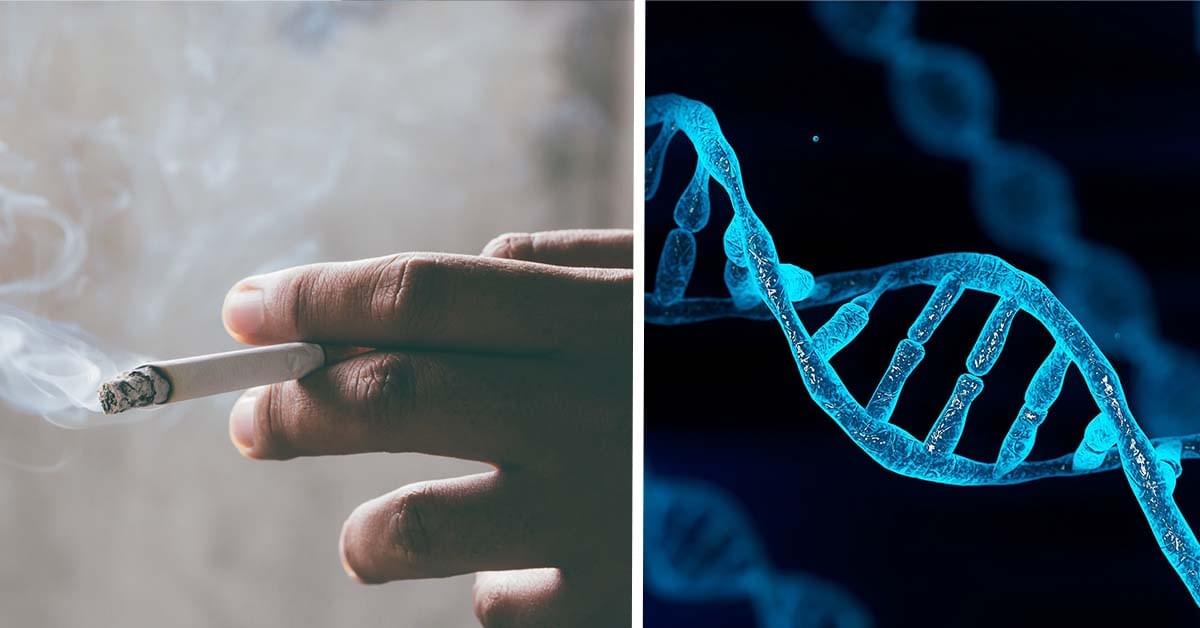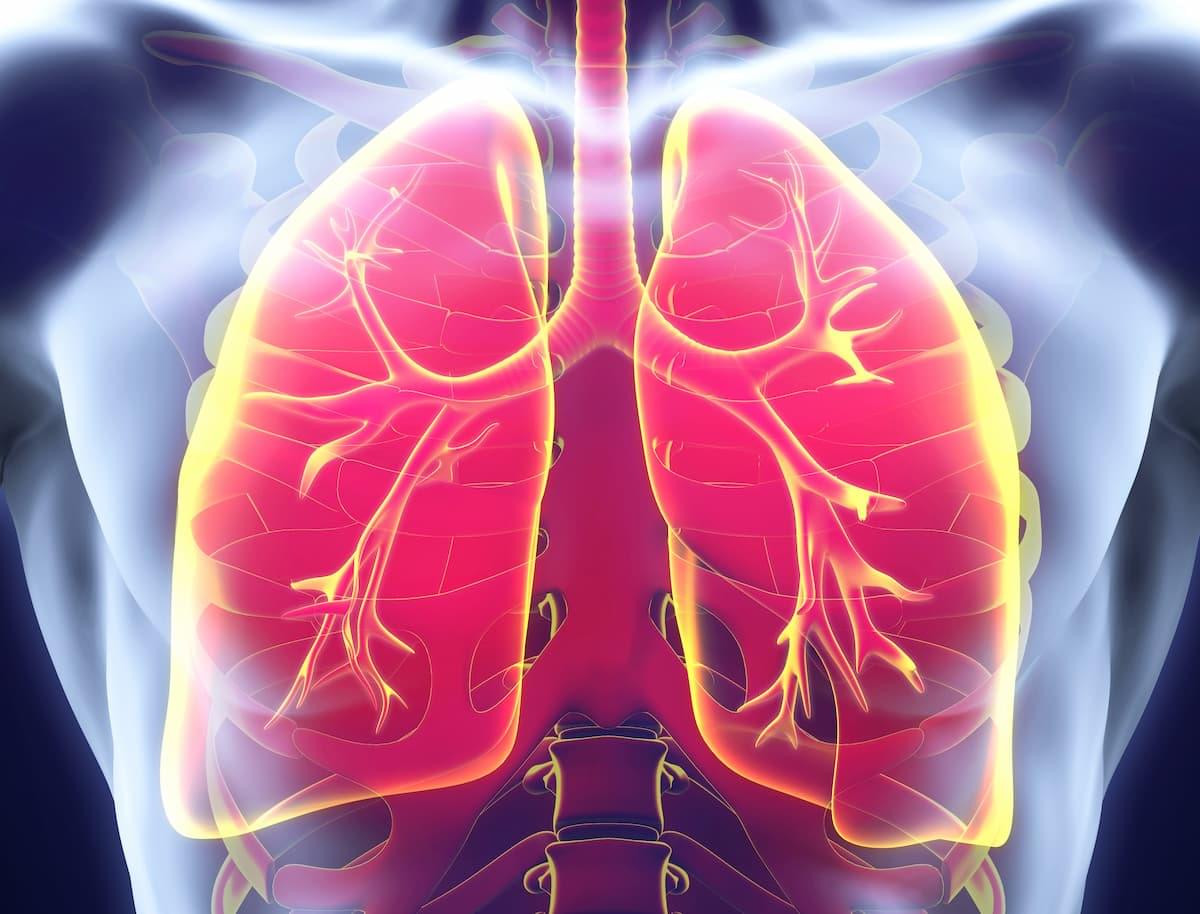The mitochondria are membrane-bound intracellular organelles present in almost all eukaryotic cells (Kasahara & Kato, 2018). They generate energy through oxidative phosphorylation, and are responsible for 90% of cellular ATP (Greenfield et al., 2017). In mammals, the mitochondria are present in all cells, except the enucleated red blood cells, being more present in tissues that need energy metabolism, with several units of the organelle. They have a round or oval shape and are about 0.5 to 1 µm in diameter, and up to 7 µm in length (Laureano, 2015). Together with the cell nucleus, they are the only cell organelle having their own genome, an extremely compact molecule, with 16.500 base pairs and 37 genes: 13 messenger RNAs, 22 RNAs, and 2 ribosomal RNAs. The D-loop is the only non-coding region in mtDNA, since introns and intergenic regions are non-existent or restricted to a few nucleotides (Chiaratti et al., 2018).
In addition to the production of reactive oxygen species due to the release of free electrons generated from the respiratory chain, mitochondria have few repair systems and therefore are subject to genetic mutations, causing diseases that affect approximately 1 in 5,000 people (Laureano, 2015). Mitochondrial diseases can affect organs that depend on energy metabolism, such as skeletal muscle, cardiac, central nervous system, endocrine, retina and liver (Nogueira et al., 2015; Laureano, 2015), giving rise to several incurable diseases, such as: deafness, diabetes mellitus, myopathies, glaucoma and others (Costa et al., 2016). These metabolic disorders, lead to inefficient oxidative phosphorylation, impairing cell energy production (Craven et al., 2017). They are difficult to diagnose and most of the time untreated, affecting adults and children (Nogueira et al., 2015).
Mitochondria are inherited only from the female gamete; therefore, the mitochondrial DNA is of exclusive maternal inheritance (Volobueva et al., 2018). The genetic mutations present in this material can be avoided using mitochondrial substitution techniques (Adashi & Cohen, 2018), where the nuclear genome is withdrawn from an oocyte, which carries mitochondrial mutations, and is implanted in a normal enucleated donor (Greenfield et al., 2017).
